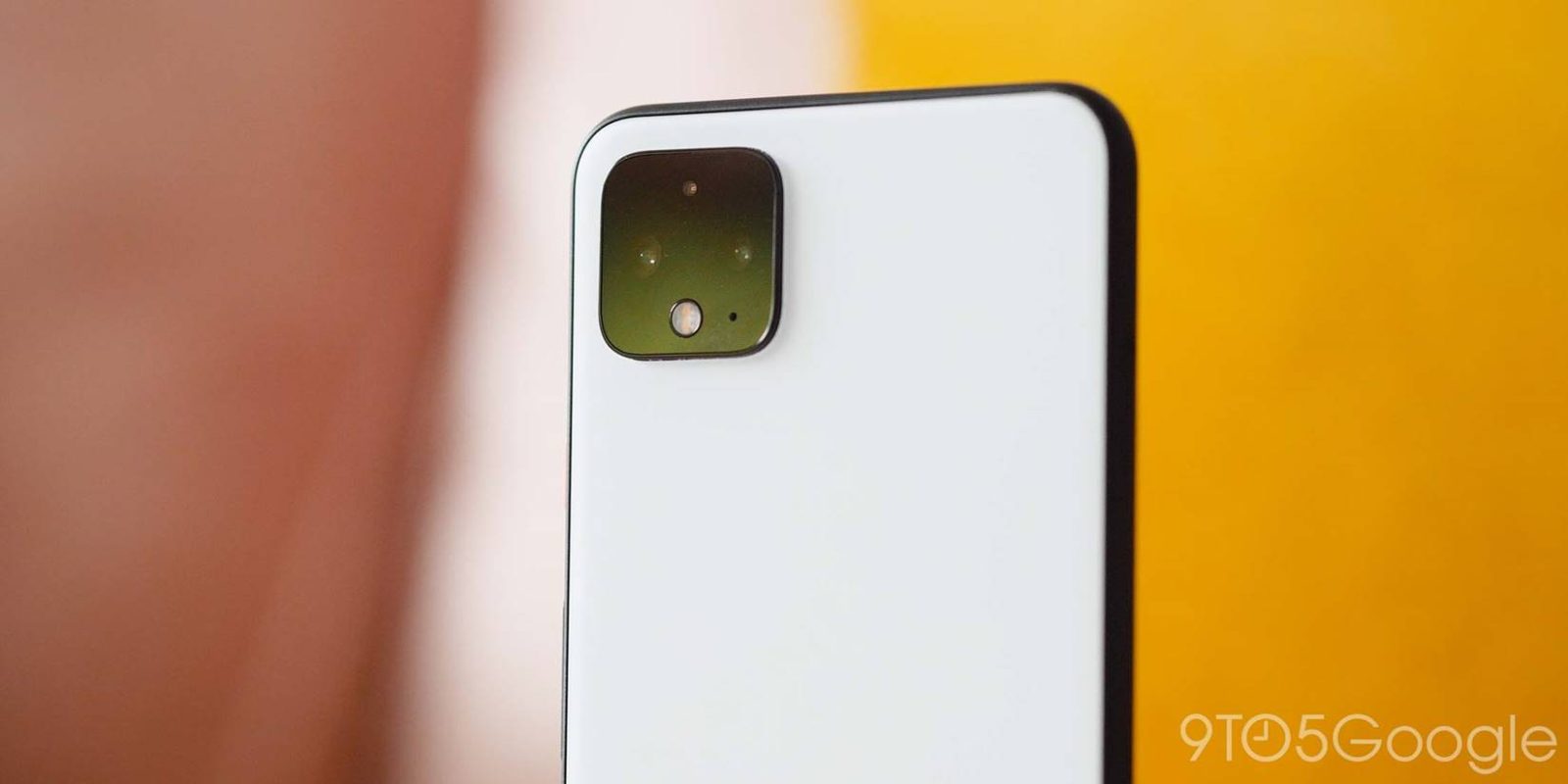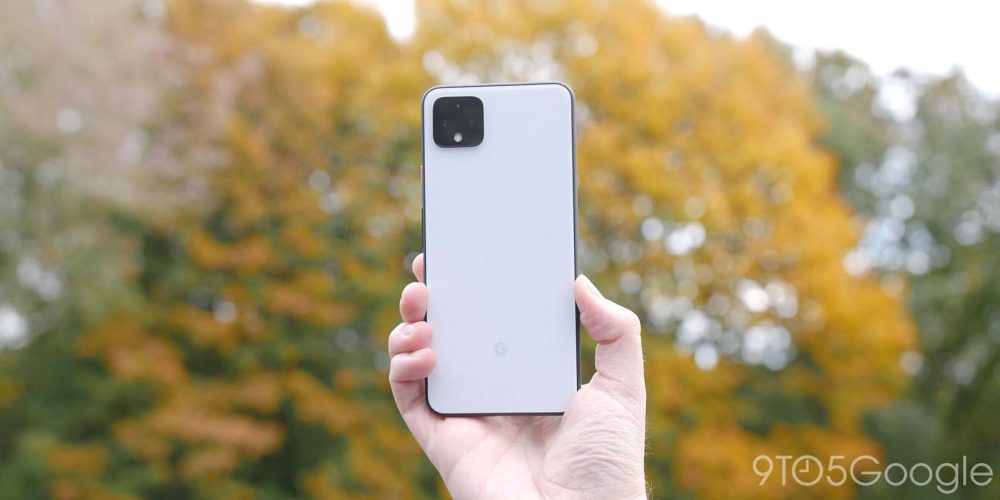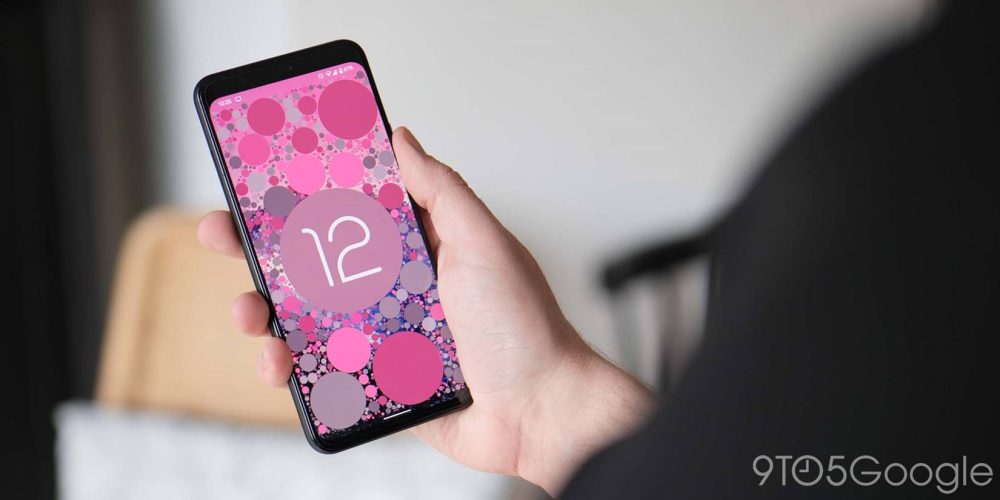
The Pixel 4 and 4 XL, as the second most powerful devices in the Made by Google smartphone lineup, deserve support for at least one more Android update — and here’s why.
Given Samsung’s recently increased software update commitment, it’s easy to look at Google’s own update promises and feel aggrieved. Three full OS updates and a further year of security patches was the best on Android for some time. While it’s easy to complain about that, the Pixel 4 series is an excellent example of a device losing software support way before its time.
Video — Google should support the Pixel 4 for longer
For more video content, subscribe to 9to5Google on YouTube.
One of these things is not like the other(s)
Here’s the crux of the problem: the Pixel 4 is not like Google’s pre-2021 flagships. Despite releasing back in 2019, the step-down and realigning of the Pixel series with the Pixel 4a 5G, 5, and 5a means that even though you lose out on superfast cellular 5G connectivity, the older handsets provide greater under-the-hood power without certain compromises.
In the performance charts, the Pixel 4 sits just below the Pixel 6 and 6 Pro. This leaves it in a strange position as the second most powerful device in the Made by Google smartphone line. It’s set to get Android 13, but the lesser Pixel 4a 5G, 5 and 5a come with a longer support window than the Pixel 4 and 4 XL.
Without fully comparing the best of 2019 with the late-2021 cohort, the Pixel 4 series shares more in common with the Pixel 6 than the devices released in-between. For starters, there are little and large devices, including the Pixel 4 with an FHD+ screen and the Pixel 4 XL with a QHD+ display. Although the camera systems are not quite directly comparable, there is one major similarity: Pixel Neural Core. This vastly improves on-device photo and video processing.

This means that all of the 2020 Pixel device lineup has a technically slower — or inferior — camera system despite utilizing the same Sony IMX363 main sensor and practically identical software-based tuning. It’s easy to argue that the Pixel 4 — specifically the 4 XL — was a tad underrated. It was only truly let down by mixed battery longevity. Everywhere else it elevated the Pixel experience with a smooth 90Hz AMOLED screen, playful design, and trademark camera system.
The addition of the Soli radar chip was an interesting experiment that ultimately failed on smartphones. It has led to more uses in other Made by Google hardware like the Nest Hub 2nd Gen, but it does mean that you have access to a few truly exclusive gesture-based features that you won’t find on any other Pixel. From direct usability and daily experience perspectives, Soli doesn’t affect the Pixel 4 all too drastically.
Face Unlock is also a big differentiator that was touted as coming with the Pixel 6 Pro. It’s not entirely clear if we’ll ever get 3D face unlock tech back on a Pixel but it’s fast, accurate, and vastly more reliable than the in-display fingerprint scanner on the Pixel 6 series. We’ve seen no new software introductions to take advantage of the radar-powered hardware and that likely won’t change any time soon.
At least on paper, the Pixel 4 series is a more attractive proposition than the Pixel 4a 5G, Pixel 5, and 5a. Forgo 5G connectivity, and you’ll get a premium Pixel with a similarly great camera, the most recent Android update, fast Face Unlock, a good 90Hz AMOLED screen, and overall a more capable SoC.
That’s a long way to say that while the Pixel 4 is not quite a flagship by 2022 standards, there is no lack of power available when compared to previous generations and all but the latest and greatest. If the Pixel 5 — and by extension, the 4a 5G and 5a — will be able to run Android 14, then support for the marginally more powerful Pixel 4 should pose no issues.
Commitment to sustainability
In recent years, we have seen Google take conscious efforts and steps to increase the usage of recycled and sustainably sourced materials for the Pixel series and first-party hardware. From optional cases to the heavy metals used within the Pixel line, these are all notable and important steps in the right direction given the ubiquity of tech in our daily lives.
But if Google is truly serious about sustainability or indeed environmental concerns, then expanding the support window of existing smartphones like the Pixel 4 rather than solely focusing on new or upcoming hardware is the perfect place to start.
Increasing device longevity via software updates is also a cheaper and more effective way of being a sustainably driven tech firm. Google’s prior work with Qualcomm to reduce the effort required to bring the newest Android releases to older chips has not affected the Pixel series. So while this work increases the ability to provide monthly patches, the special circumstances surrounding the Pixel 4 series mean that, surely, extra support is far more warranted.
Being serious about sustainability in truth means that shipping new products shouldn’t always be the number one priority. Naturally, that is easier said than done but the honus should be squarely put on brands rather than the consumer for any real progress to be made in this regard.
Why should Google set a precedent for the Pixel 4?

I’m under no illusions that this request/complaint/annoyance is likely to fall upon deaf ears within Google’s wider Pixel and Android teams. That said, with a supposedly growing userbase and avid fanbase, good product PR is always a reason to make a positive change such as this.
With a smaller product pool, if Google is intent on tackling Apple in the tiny number of markets the Pixel is being sold within, then upping the Android support length would be a prime way to appease current owners and even entice prospective buyers. My colleague Ben Schoon even attests to the same, but with a focus upon the recent Pixel 6 series. If you want the longest-lasting phone, then you’ll go for a Galaxy.
Although this is an isolated case, bumping support for the Pixel 4 and 4 XL would be a huge PR win and one that logically makes a lot of sense. Sure, this could have some unintended knock-on effects but the makers of the Android OS has fewer excuses moving forward when it comes to device update windows especially as Samsung will honor its own four OS update promise. Looking backwards and rectifying some confusing mistakes is not a bad thing.
Google has backed itself into a corner in many ways courtesy of a messy 2020 lineup. This leaves the Pixel 4 and 4 XL in a support quandary that is not unlike many Chinese OEM devices that are left high and dry when a newer, shinier model is released. Hyperbole aside, that isn’t strictly true given that Android 13 will mark the pre-approved three OS update schedule for the Pixel 4 and 4 XL. We’ve seen Android 11, Android 12, Android 12.L, and soon Android 13. That commitment was absolutely fine back in 2019 when the device duo hit store shelves.
Specifications have never truly been at the heart of what makes the “Pixel Experience” a special one. That said, the internal hardware is above and beyond what you’ll find on the Pixel 4a, 4a 5G, and to a lesser extent the upcoming Pixel 6a. 6GB of RAM and a former flagship processor is a perfect combination for the lightest flavor of Android to truly shine. If Android 14 does have a minimum specification requirement, the Pixel 4 and 4 XL will certainly exceed it.
For years Apple’s continuing support for older devices has put all of Android to shame. Samsung’s increased efforts to provide expanded support windows for its previous flagship lines should trigger Google to act. The Pixel 4 is the perfect place to start.
More on Google Pixel:
- Pixel’s Flashlight shortcut now live in At a Glance
- What Google Pixel device are you currently using daily? [Poll]
- Here are the 35 issues that Android 12 QPR3 fixes on Google Pixel phones
FTC: We use income earning auto affiliate links. More.





Comments